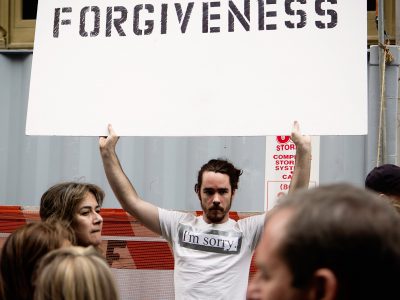WP_Post Object
(
[ID] => 1416
[post_author] => 2
[post_date] => 2019-10-11 17:27:55
[post_date_gmt] => 2019-10-11 17:27:55
[post_content] => 'The game is rigged, and it does not reward people who play by the rules.' — Ramona (Jennifer Lopez)
In 2019, sex workers are some of the most powerful women in America. That’s the reason Hustlers has been cleaning up at the box office. Every movie theater in America is now an ersatz strip club, catering to a gaze that doesn’t objectify its subjects so much as shower them with solidarity and aspiration. You love to see it: a swaggering, unabashed admission that beauty is capital, and women deploying everything used to deny them power – their bodies, sexuality, and financial precariousness — in order to reclaim their own.
The film, for those who have not heard of or seen it, stars an ensemble cast featuring Jennifer Lopez and Cardi B.; the women play strippers working at Scores, the iconic New York City club, which is frequented by wealthy Wall Street men. Angry at the decline in their income after the 2008 financial crisis, the women engage in a Robin Hood-type con: they target rich customers, the men who caused or became rich from the very crisis that is now depriving them of income; they drug them, steal their credit card numbers, and charge them to the limit. The plot of the movie is ripped from the headlines, so to speak: it was reported by Jessica Presley for New York Magazine, in a 2015 feature titled The Hustlers at Scores.
https://www.youtube.com/watch?v=4ZXYLoog1TI
Even before Hustlers took over both movie theaters and the cultural discourse, Stormy Daniels, the nom de film for porn actress Stephanie Clifford, was able to humiliate Donald Trump and reveal some of his financial arrangements. She steadfastly rejects any shaming over her work, whether it is stripping or starring in porn films. Cardi B, star of the charts, stage, and screens big and small, openly relishes the way her body allowed her to earn money and command attention: "When I was dancing, I had so much fun. I felt powerful in the club. I felt free.” Stormy Daniels and Cardi B weaponize their lack of shame. Their power, and that of the characters in Hustlers, comes from exposure — not of their bodies per se, but of the transactional mentality behind gender relations under capitalism.
Thirteen years have passed since Omar Little, a character in the acclaimed television series The Wire who made his living by robbing drug dealers, succinctly dispatched a lawyer’s attempt to stake out a moral argument while questioning him in court with the observation, “I got the shotgun, you got the briefcase. It’s all in the game though, right?” In 2019, Ramona (Jennifer Lopez) gives the feminist-specific take on the same respectability politics around white-collar and underground criminality: she tells Destiny (Constance Wu) that she doesn’t feel guilty about drugging and robbing Wall Street men because they “stole from everybody, and not one of them went to jail.” Later, she says, “this whole country is a strip club.” In other words, it’s all in the game.
The women of Hustlers are firing their shots not only at men, or the brokenness of capitalism. They are also calling out white women who use femininity as a scam — although the latter pretend otherwise, and would certainly deny the accusation vehemently. White women like Caroline Calloway and Tavi Gevinson, for example, attained notoriety for using Instagram to portray lifestyles, fashion, travels, and an overall gestalt of effortless cool and joie de vivre. The women present very different images, but they both monetized their personal brands to obtain six-figure book advances, payment for featuring products in their posts — and, in Gevinson’s case, a free apartment in Brooklyn’s most expensive neighborhood. All of this was predicated on fan bases built on enticing people’s attention and admiration, using faces, bodies, outfits, and the impression of unobtainable glamour.
You know who else got a free apartment for being beautiful and alluring, but unavailable? Ramona – one of the strippers in Hustlers. Gavinson’s hustle may centered on what she is wearing, while Ramona’s is more about what she is not wearing; in the end, however, Gavinson’s fashionable Rodarte trousers are the briefcase to Ramona’s bodysuit shotgun. They are all in the same game of commanding attention in a visual medium.
As New York-based culture critic Larissa Pham observed of Calloway and Gavinson, “crafting and monetizing a brand is now the easiest way to enter a profession.” A lot of people are trying to cash in on this game, but their success is predicated on being able to deny plausibly that their business model is predicated on self-commodification. Part of the controversy around Calloway’s fall from grace and Gavinson’s breaking of the fourth screen is based on the revelation that their online presences had a commercial angle. The key to influencing is not looking like you’re trying to influence, and certainly never manufacturing artificial enthusiasm for a product when your authentic taste, reactions and voice are what “inspire” people. By contrast, the working class women in Hustlers know that their looks are the best opportunity they have, and they never pretend otherwise
The difference between white women who are online influencers and women of color who make their living performing in a strip club is this: only the former can indulge in the delusion that their looks are not a commodity. This kind of plausible deniability is deeply rooted in toxic white femininity, which is based on a combination of good intentions and obliviousness to ugly social phenomena — like racism, for example. In the now-notorious article that Gavinson wrote last month for New York Magazine, she admits that her integrity and sense of self have been undermined by the performative process of building her personal online following and platform: “I haven’t believed the purity of my intentions ever since I became my own salesperson.” Her success as a publisher, editor, writer and actor felt “less real if I considered that I could only support myself using [my] face.” The disconnect around needing to commodify one’s looks is only possible from a place of privileged obliviousness. There’s no need for respectability politics if your race, size, and class already render you inherently respectable.
Hustlers is a hit because it portrays women of color using their bodies as their path to seizing the means of reproduction (if you will). To be clear, Hustlers is not and cannot be an indictment of capitalism – it is after all, a major studio film, a product that is going to make a lot of white people a lot of money. Can the subaltern executive-produce a film? I hope so, but Megan (daughter of billionaire Larry) Ellison is not the example I would choose for my answer. But in a moment of maybe-she's-born-with-it/maybe-it's-sponcon, when we pretend that race, size, and beauty aren't forms of capital, the real service Hustler offers is in showcasing women's agency, savvy, and — yes — sheer physical grace, when capitalizing on themselves.
[post_title] => 'Hustlers' is a lesson in feminism from women of color
[post_excerpt] => A Hollywood hit film starring Jennifer Lopez and Cardi B as strippers who rip off their Wall Street customers holds salutary lessons about capitalism, commodification, feminism, and racism.
[post_status] => publish
[comment_status] => closed
[ping_status] => open
[post_password] =>
[post_name] => hustlers-is-a-lesson-in-feminism-from-women-of-color
[to_ping] =>
[pinged] =>
[post_modified] => 2023-11-06 13:58:53
[post_modified_gmt] => 2023-11-06 13:58:53
[post_content_filtered] =>
[post_parent] => 0
[guid] => https://conversationalist.org/?p=1416
[menu_order] => 298
[post_type] => post
[post_mime_type] =>
[comment_count] => 0
[filter] => raw
)





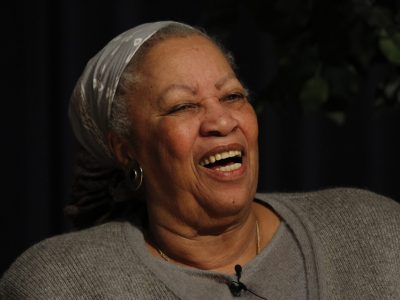


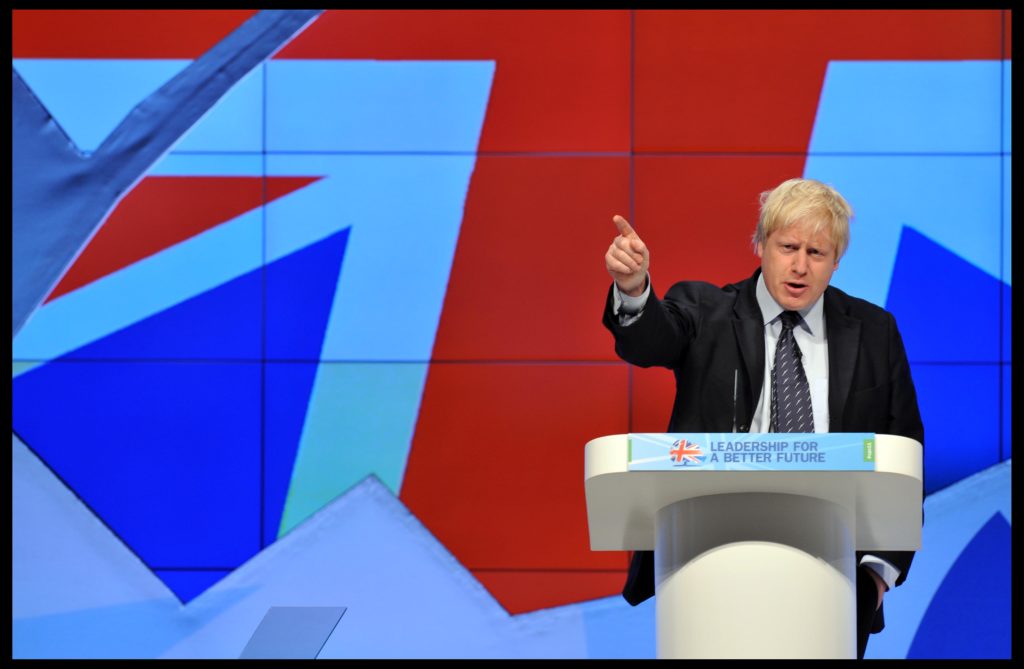 Boris Johnson addressing the Conservative Party Conference in Manchester on October 4, 2011.[/caption]
Boris Johnson addressing the Conservative Party Conference in Manchester on October 4, 2011.[/caption]

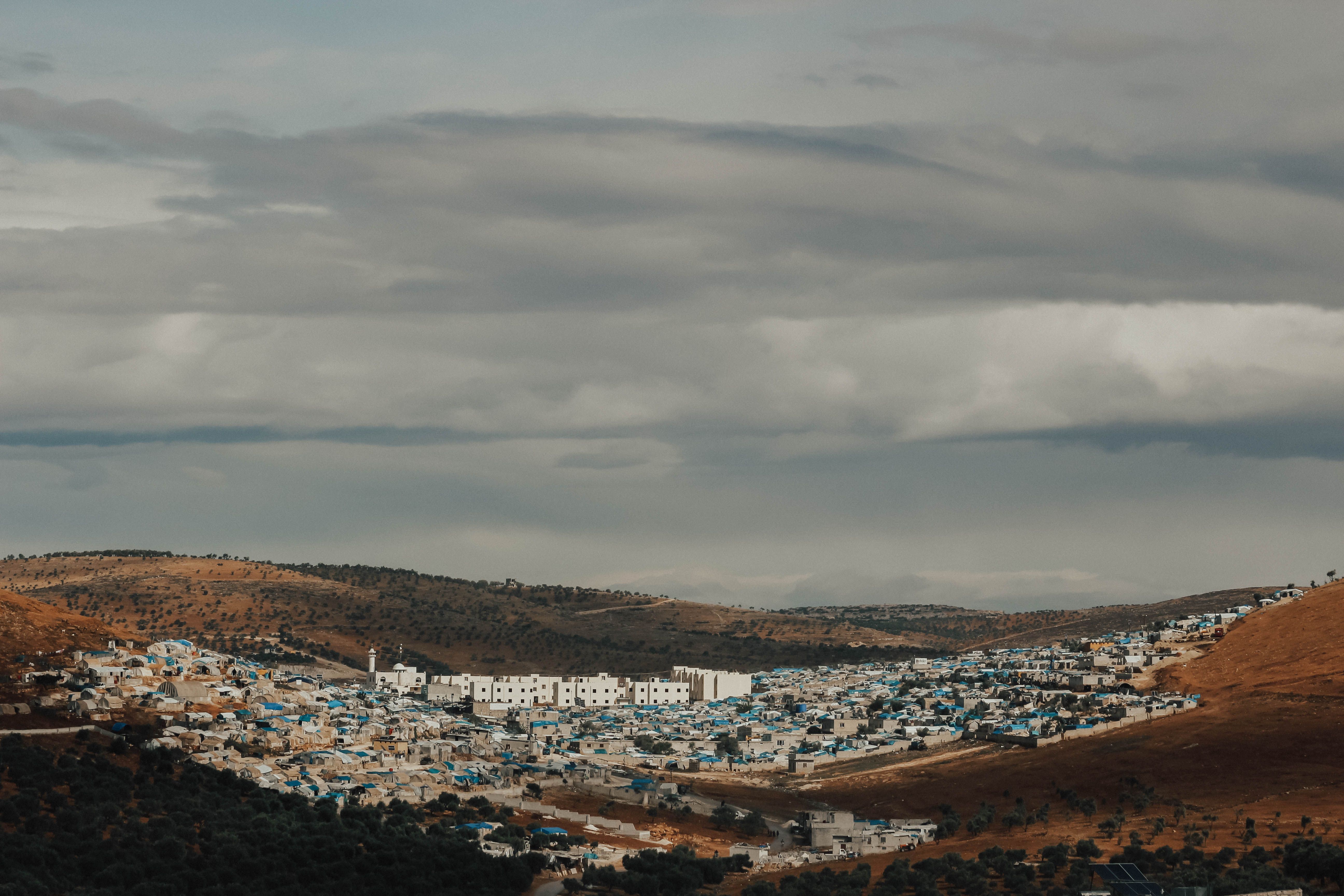 Atmeh border camp in Idlib, near the Syrian border. Over 800,000 internally displaced people
Atmeh border camp in Idlib, near the Syrian border. Over 800,000 internally displaced people 

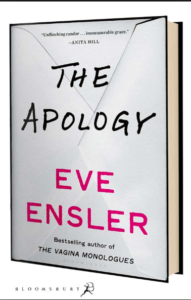 Quite a few of these men tried to fast track a comeback, circumventing both apology and expressions of contrition. Charlie Rose approached feminist editor Tina Brown with the idea that she produce a program with him interviewing prominent men who had been toppled by #MeToo (she declined). Louis CK received a standing ovation when he appeared unannounced to do a stand up set at New York’s famous Comedy Cellar, only a few months after he acknowledged that he had on several occasions stripped naked and masturbated in front of female comedians whose nascent careers were predicated on his goodwill. And last October The New York Review of Books published a 3,000-word, first person essay by Jian Ghomeshi, the disgraced Canadian former radio show host. The CBC fired Ghomeshi in 2014 after learning that the Toronto Star was about to publish an investigative report detailing credible accusations that he had for years battered women during sexual encounters, and had abused women who worked for him. Titled “Reflections from a Hashtag,” the essay is redolent of narcissism and self-pity. It begins:
Quite a few of these men tried to fast track a comeback, circumventing both apology and expressions of contrition. Charlie Rose approached feminist editor Tina Brown with the idea that she produce a program with him interviewing prominent men who had been toppled by #MeToo (she declined). Louis CK received a standing ovation when he appeared unannounced to do a stand up set at New York’s famous Comedy Cellar, only a few months after he acknowledged that he had on several occasions stripped naked and masturbated in front of female comedians whose nascent careers were predicated on his goodwill. And last October The New York Review of Books published a 3,000-word, first person essay by Jian Ghomeshi, the disgraced Canadian former radio show host. The CBC fired Ghomeshi in 2014 after learning that the Toronto Star was about to publish an investigative report detailing credible accusations that he had for years battered women during sexual encounters, and had abused women who worked for him. Titled “Reflections from a Hashtag,” the essay is redolent of narcissism and self-pity. It begins:
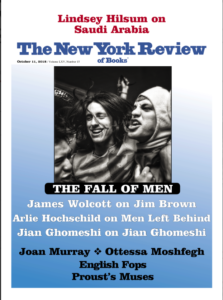 Reaction to the essay was swift and negative, rising to a crescendo of outrage after Ian Buruma, then editor of the NYRB, made some egregiously tone deaf remarks in a follow-up
Reaction to the essay was swift and negative, rising to a crescendo of outrage after Ian Buruma, then editor of the NYRB, made some egregiously tone deaf remarks in a follow-up 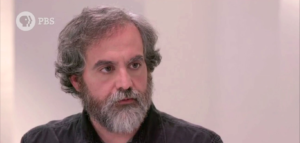 Devin Faraci (screencap)[/caption]
While Salbi’s separate interviews with Caroline and Faraci are short and somewhat superficial, they do provide insight into the impact of sexual assault and the power of a sincere apology. A victim who receives an acknowledgement of wrongdoing and a heartfelt expression of contrition from the perpetrator can experience a powerful physical and emotional response. In the interview, Contillo tells Salbi that while the assault itself was terrible, a “larger psychological pain had lodged itself” in her body.
Caroline Contillo highlights one of the less understood effects of trauma — that it invades the body and stays there, long after the physical act. Ensler says the same thing to Maron: that when a victim receives an apology that carries empathetic recognition by the perpetrator, it causes a physical reaction. Contillo said that Faraci’s apology provided relief not only because she could let go of the pain, but because she now felt that she was “living in a culture that suddenly seemed to care about” women who had been sexually assaulted or preyed upon.
Faraci offered his
Devin Faraci (screencap)[/caption]
While Salbi’s separate interviews with Caroline and Faraci are short and somewhat superficial, they do provide insight into the impact of sexual assault and the power of a sincere apology. A victim who receives an acknowledgement of wrongdoing and a heartfelt expression of contrition from the perpetrator can experience a powerful physical and emotional response. In the interview, Contillo tells Salbi that while the assault itself was terrible, a “larger psychological pain had lodged itself” in her body.
Caroline Contillo highlights one of the less understood effects of trauma — that it invades the body and stays there, long after the physical act. Ensler says the same thing to Maron: that when a victim receives an apology that carries empathetic recognition by the perpetrator, it causes a physical reaction. Contillo said that Faraci’s apology provided relief not only because she could let go of the pain, but because she now felt that she was “living in a culture that suddenly seemed to care about” women who had been sexually assaulted or preyed upon.
Faraci offered his 